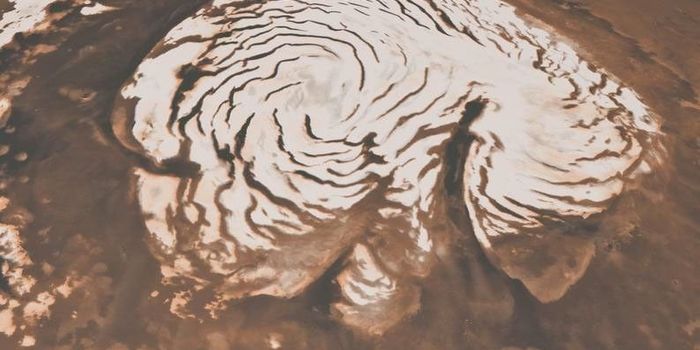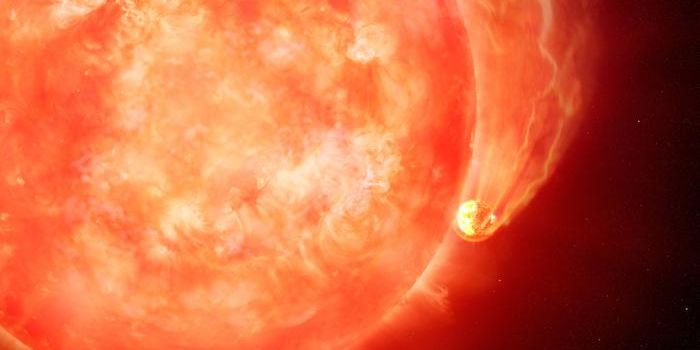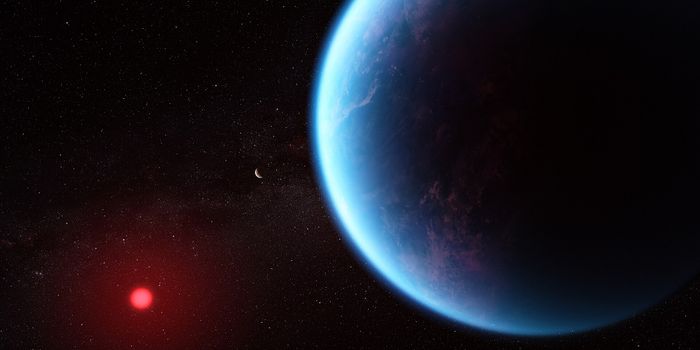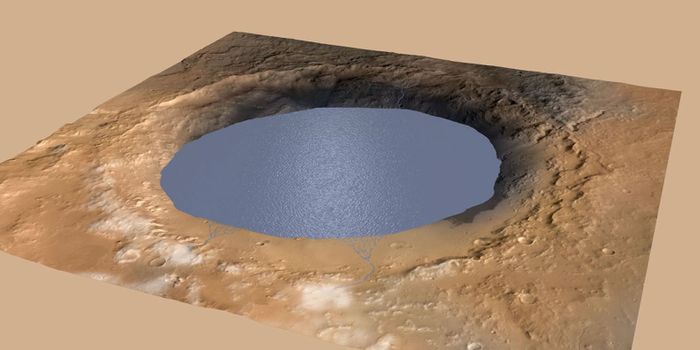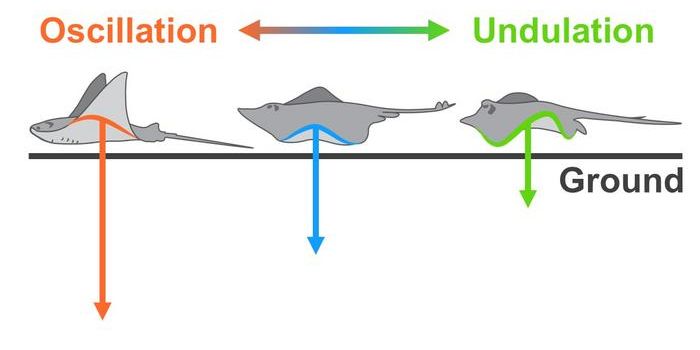Glacier melt forms unexpected lake in French Alps
Mountaineer Bryan Mestre wasn’t expecting to run into a lake formed from glacier melt while on a hike recently in the French Alps. He’s a frequent visitor of the Mont Blanc area, and this startling azure lake, 33 by 98 feet and nestled between the base of Dent du Géant and the Aiguilles Marbrées, isn’t usually there. While stunning, the lake’s appearance is a reminder of the rapid changes that are occurring currently on our planet’s climate.
These two pictures were taken just ten days apart, before and after the lake formed. Photo: Unofficial Networks
Mestre, a 24-year-old rock climbing instructor, told IFL Science, “Needless to say, the lake was a real surprise. It's located in the 3,400 to 3,500-meter [11,155 to 11483-feet] area. You're supposed to find ice and snow at this altitude, not liquid water. Most of the time when we stay for a day at this altitude, the water in our water bottles starts freezing.” Mestre published a photograph that he took of the lake on Instagram only to receive news from another mountaineer, Paul Todhunter, who had been in the same place just ten days prior. Yet in Todhunter’s photo, the lake’s stark absence is telling.
"Only 10 days of extreme heat were enough to collapse, melt and form a lake at the base of the Dent du Géant and the Aiguilles Marbrées. That I know, this is the first time anything like that has ever happened," he wrote. "This is truly alarming," Mestre said. "Glaciers all over the world are melting at an exponential speed."
The mountaineer is referring to the recent heat wave that held Europe captive throughout the end of June. In fact, on the day that Mestre found the lake, June 28, France reached a new all-time record high of 114.6 degrees in Gallargues-le-Montueux in the south and the following day temperatures skyrocketed up to 48.74 degrees in the mountains surrounding Mont Blanc.
According to IFL Science, glaciologist Ludovic Ravanel also saw a lake in the same area during a heatwave in 2015. Glacial melting is exacerbated not only by climate change but also by the albedo effect, which refers to the measure of how much light is reflected back from a body. With glaciers, lighter colors (white snow, ice, etc.) reflect back more light than darker colored rocks and earth. However, once melting starts and exposes darker colored rocks, which absorb more heat, albedo creates a positive feedback loop and induces more melting.
Sources: Weather.com, Independent, IFL Science


